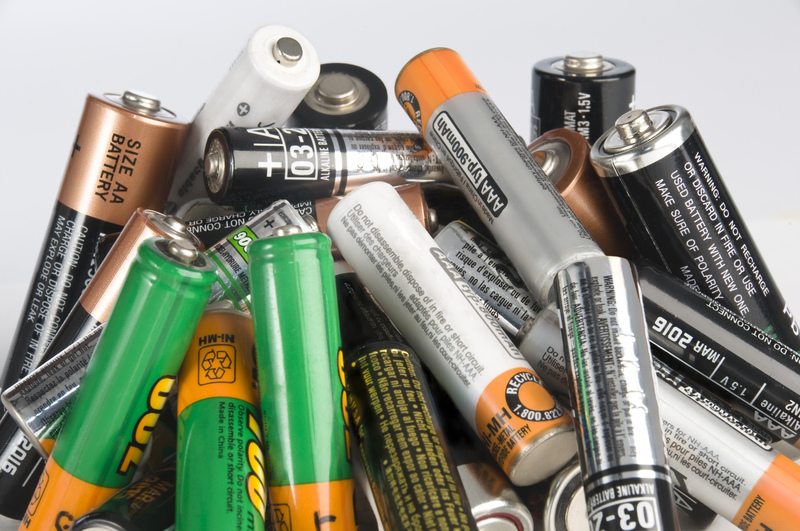Educating and Inspiring Change Towards Plastic Solutions
Plastic pollution has become a global crisis, with approximately 8 million tons of plastic waste entering our oceans every year. This not only poses a threat to marine life, but also to human health as microplastics are increasingly found in our food and water sources. The overproduction and improper disposal of plastic has caused irreversible damage to the environment, and it's up to us to find solutions before it's too late.
The Role of Students in Creating Change
As students, we have a powerful impact on shaping the future. Our generation will inherit the consequences of our actions today, making it crucial for us to take action towards finding sustainable solutions for plastic pollution. By educating ourselves and inspiring change within our communities, we can make a significant impact in reducing plastic waste.
One way students can make a difference is by actively participating in clean-up initiatives. Organizing beach or community clean-ups not only helps remove plastic from our environment, but also raises awareness about the issue. These events provide an opportunity for students to work together towards a common goal while learning about the devastating effects of plastic pollution.
Furthermore, students can use their creativity and innovative thinking to come up with environmentally-friendly alternatives to single-use plastics. We have seen successful examples such as bamboo toothbrushes and reusable metal straws, but there is still room for more ideas. By encouraging entrepreneurship and supporting eco-friendly businesses, students can make a positive impact on the market and push for more sustainable options.

Education is Key
It's important for students to educate themselves and others about the harmful effects of plastic pollution. By understanding the magnitude of this issue, we can make informed decisions and spread awareness in our communities. Schools can also play a crucial role by incorporating lessons about plastic pollution into their curriculum. This will not only raise awareness among students, but also equip them with the knowledge and skills needed to tackle this problem.
In addition, students can use social media platforms to educate and inspire change on a larger scale. Sharing information, statistics, and tips on reducing plastic waste can reach a wider audience and encourage others to join the fight against plastic pollution.
The Power of Youth Activism
We have seen how youth activism has brought about significant changes in various social and environmental issues. By organizing protests or petitioning for policy changes, students can use their voices to demand action from government and corporations. This will put pressure on decision-makers to implement more sustainable practices and regulations regarding plastic production and waste management.
The Pros and Cons
While there is no denying the positive impact students can have on tackling plastic pollution, there are also some challenges that need to be addressed. Lack of resources, funding, and support from authorities may hinder our efforts to make a meaningful difference. In addition, not all students may have access to education or opportunities to raise awareness about this issue. It's important for governments and organizations to provide equal opportunities for all students to participate in creating change.
Tips for Students
1. Educate yourself: Read articles, watch documentaries, and attend workshops to learn more about plastic pollution and its effects on the environment.
2. Reduce your own plastic consumption: Start by making simple changes like using reusable bags and water bottles, and avoiding single-use plastics.
3. Raise awareness: Use your voice and platforms such as social media to educate others about the issue of plastic pollution.
4. Get involved: Participate in clean-up initiatives, join environmental clubs or organizations, or start your own initiatives to reduce plastic waste in your community.
5. Be creative: Use your creativity and innovative thinking to come up with sustainable solutions for everyday items made of plastic.

Takeaways
- Students play a crucial role in reducing plastic pollution and shaping a sustainable future.
- Education and awareness are key in creating lasting change.
- Youth activism has the power to bring about significant changes in tackling environmental issues.
- Governments and organizations should provide equal opportunities for students to participate in creating change.
Conclusion
It's time for students to take charge and make a positive impact on the plastic crisis. By educating ourselves and inspiring change within our communities, we can create a ripple effect that will lead to a more sustainable future. Let's use our voices, creativity, and passion to find solutions and make a real difference in the fight against plastic pollution. The power is in our hands, let's use it wisely.


